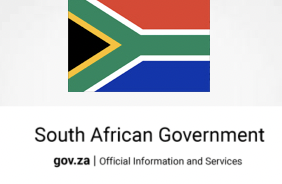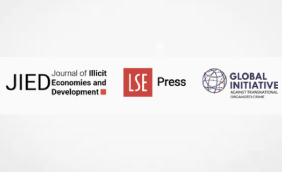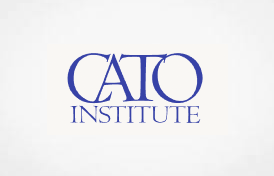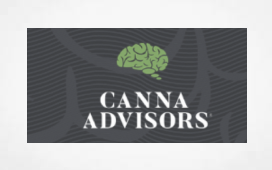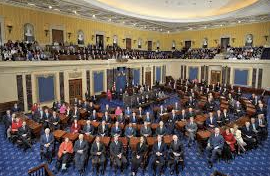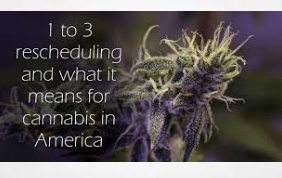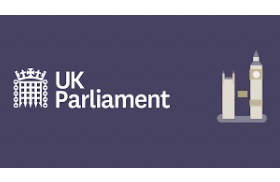A debate has been scheduled for 18 May on access to psilocybin treatments. The subject for the debate has been chosen by the Backbench Business Committee, and the debate will be opened by Charlotte Nichols MP, Crispin Blunt MP and Ronnie Cowan MP.
Documents to download
-
Commons Library debate pack – Access to psilocybin treatments (277 KB , PDF)
The debate on ‘Access to Psilocybin Treatments’ will consider a motion which calls on the Government to, among other things, “conduct an urgent review of the evidence for psilocybin’s current status as Schedule 1 under the Misuse of Drugs Regulations 2001 with a view to rescheduling, initially for research purposes only, in order to facilitate the development of new mental health treatments”.
Psilocybin
Psilocybin is a psychoactive substance found in over 50 species of fungi. The actual amount of Psilocybin present varies depending on the species of the mushroom, where they grow, as well as how it has been prepared. Psilocybin-containing mushrooms are sometimes referred to as ‘magic mushrooms’ and have been used recreationally for their hallucinogenic (perception-altering) effects. The independent, Government-funded, drugs advice service, FRANK, emphasises that there are risks, as well as potential side effects, associated with taking magic mushrooms recreationally.
There is some scientific evidence on the therapeutic potential of psilocybin to treat mental health problems in a clinical setting. For example, there is research to indicate that psilocybin is effective in treating depression when given alongside psychotherapy. Research into its use for treating other mental health conditions, such as post-traumatic stress disorder and obsessive-compulsive disorder, is ongoing. Psilocybin has not yet reached the market as a treatment for mental health conditions in the UK.
Misuse of Drugs Regulations 2001
The Misuse of Drugs Regulations 2001 allow for the legitimate use of certain controlled drugs. Under the 2001 Regulations, drugs are divided into five schedules, each governing activities such as import, export, production, supply, possession, prescribing, and record keeping. Schedule 1 contains those drugs that are considered to have little or no ‘therapeutic value’ (health benefits) and, consequently, are subject to restrictive controls.
A domestic licence, issued by the Home Office, is (in most cases) required to produce, possess or supply controlled drugs listed in Schedule 1 to the Misuse of Drugs Regulations 2001. In practice this means that university research departments, as well as other research institutions in the UK, who wish to conduct research that involves Schedule 1 drugs are required to hold a domestic controlled drugs licence. The current licencing regime does not completely prevent any research on Schedule 1 substances; studies and trials are being (and have been) undertaken in the UK, including those that involve psychotropic substances such as psilocybin. Concerns have been raised by some researchers, however, that the licencing regime increases the administrative and financial costs associated with conducting research involving drugs in Schedule 1 and, consequently, may delay the development of innovative treatments and medicines. There have thus been calls to ‘reschedule’ psilocybin, to make it more accessible for scientific / medical research.
Advisory Council on the Misuse of Drugs
The Advisory Council on the Misuse of Drugs (ACMD), an “independent expert body that advises government on drug-related issues in the UK” was commissioned by the Government in December 2022 (opens PDF) to examine, among other things, “how best to reduce regulatory burdens on […] schedule 1 controlled drugs in general, which may also include SCRAs [Synthetic cannabinoid receptor agonists] and, in particular, psychedelic drugs including psilocybin”.
Documents to download
-
Commons Library debate pack – Access to psilocybin treatments (277 KB , PDF)
